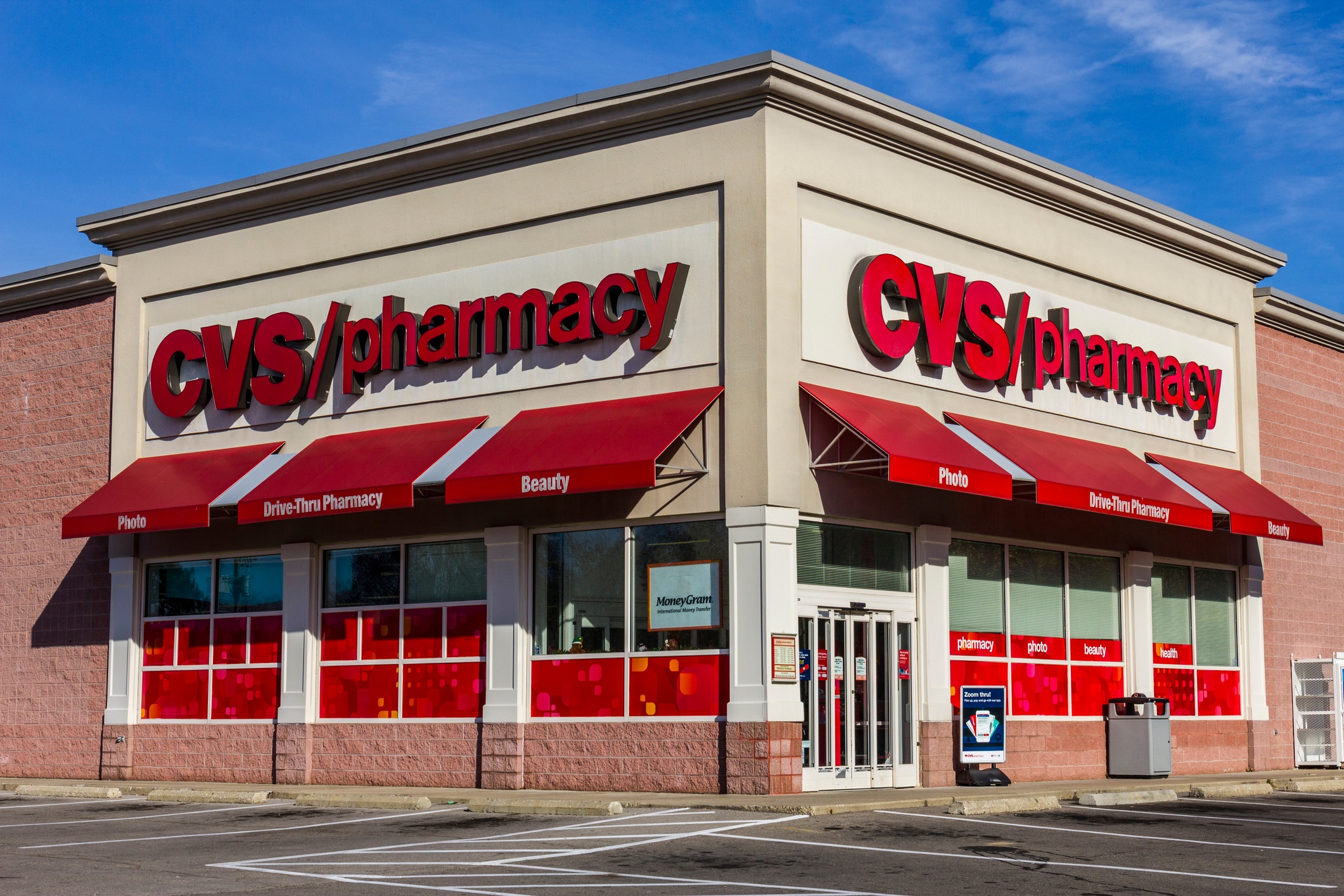
By now you’ve probably heard of CVS Health making the move to buy Aetna for an estimated $69 million.
There’s a lot of buzz surrounding the merger and unanswered questions about how it could impact the healthcare industry. But here’s how CVS Health President Larry J. Merlo sees it:
“We look forward to working…as America's front door to quality health care, integrating more closely the work of doctors, pharmacists, other healthcare professionals and health benefits companies to create a platform that is easier to use and less expensive for consumers.”
The turbulent state of health care
It’s no secret that this country has a problem with healthcare reform. And you don’t have to look far to find evidence of a broken system:
- Health care delivery models are pockmarked with inefficiencies and gaps in care.
- Hospital emergency rooms are overused and wait time for care can take hours.
- Clinics, providers, hospitals, pharmacies, and insurers grapple with providing care at affordable rates.
- Consumers struggle with soaring medical and prescription costs.
- Employers aren’t happy about increasing costs and are considering one-stop shopping health care, including on-site clinics.
CVS Health-Aetna deal among others in healthcare industry
Over the past decade, CVS Health emerged as one of the major players in the retail health clinic market. And it’s part of a growing trend that may redefine health care as we know it. Other recent mergers, acquisitions, partnerships, and attempted mergers include:
- Aetna-Humana
- Cigna-Anthem
- Walgreens-Rite Aid
- UnitedHealth Group OptumRX-Catamaran Corporation PBM
- Ardent Health-LHP Hospital Group
- Providence Health & Services-St. Joseph Health System
- Cleveland Clinic-CVS Health
More mergers; More questions
What happens next? We know the CVS Health-Aetna merger probably won’t be the last we see of these types of changes in the corporate environment. But there are some things we don’t know:
- What impact will mergers like these have on health care?
- Will drug coverages and pricing change?
- What if mergers create monopolies with too much control?
- Will these large corporations come up with innovative delivery models to improve patient care and cost reductions in health care?
- Or will shareholder demand for revenue and profits drive decisions at the expense of consumers?
The pathway to better health care
If companies like CVS Health really want to be the “front door to quality health care” and reduce costs for consumers, lifestyle medicine is the best pathway to make that happen.
Why? The greatest expense in our healthcare system is chronic disease. And the majority of chronic diseases are preventable.
Lifestyle medicine gives us a way to measure and mitigate risk. From a population health standpoint, measuring risk gives us a starting point. And once you know the health of your population, you can develop targeted interventions to promote health, prevent disease, and ultimately control healthcare costs.
Is our current approach to healthcare working? Consider the following questions:
- Does our current healthcare system encourage prevention or simply treat disease?
- Are patients empowered to be healthy or ignore their health until symptoms develop?
- Wouldn’t it be great if the major complaints about healthcare costs and coverage didn’t exist?
It could happen if lifestyle medicine was the standard model of care. More people would be healthy, and fewer people would need to go to the doctor or pharmacy.
Lifestyle medicine: Treat the whole person
In the world of lifestyle medicine – the business of lifestyle medicine – it’s not just chronic disease and non-communicable disease. Lifestyle medicine is about treating the whole person.
And for that to happen, we need to create a culture of health in our society where normal is:
- Making healthy food choices
- Getting at least 30 minutes of physical activity a day
- Sleeping 7 to 8 hours a night
- Managing stress in healthy ways
- Drinking 6 to 8 glasses of water a day
- Maintaining a healthy weight
- Avoiding alcohol and tobacco
- Visiting the doctor for preventive exams and annual check-ups
CVS Health one player among many in health care
Let’s not lose sight of what we’re trying to do in healthcare transformation: improve health.
We do need to improve our delivery of care, our system of care. But it’s more than transparency, cost reduction, and convenience. It’s how we empower the individual with the tools they need to get healthy, and stay healthy.
At the end of the day, we’re all in this together. CVS Health is just one player among many that can have an impact on improving the healthcare system and patient care.
Learn more about creating a culture of health by clicking the link below.








